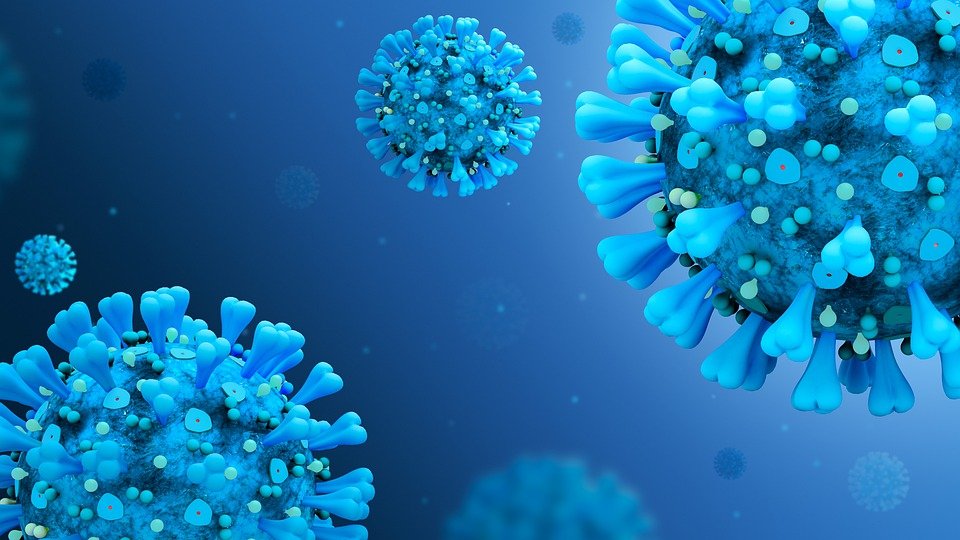Many are concerned about the question of whether it is necessary and safe to get vaccinated if a certain titer of antibodies against a previous coronavirus infection remains. We decided to find out what doctors and immunologists say about this, and to figure out whether vaccination is necessary in this case.
One of arguments people against compulsory vaccination is that people who have antibodies after illness are sent for vaccination. This fear could be contributed to by numerous statements various speakers about the possibility of an antibody-dependent increase in infection, as well as insufficient awareness of the functioning of the immune system. Some resources directly write about the dangers of vaccination if you have antibodies from the disease.
Position WHO, Russian politicians And doctors is the same: they unanimously insist that vaccination is necessary six months after recovery, regardless of the level of antibodies. At the same time, it is difficult to find anything in these publications other than the unsubstantiated assertion that protection is not enough.
To understand why vaccination is needed when antibodies are present after an illness, it is necessary to understand the mechanisms of a specific immune response. When a pathogen enters the body are developing there are two types of response at once: cellular and humoral. The cellular immune response is realized in the form of activation of cells of the immune system, primarily its T-cell component, and the humoral response is the appearance of antibodies in the blood plasma.
Antibodies, or immunoglobulins, are large globular blood plasma proteins necessary to neutralize various pathogens (fungi, bacteria, parasites, viruses). There are five classes of antibodies in the human body: IgA, IgG, IgD, IgE and IgM. Each class has its own tasks, but in the context of the disease, the most important are immunoglobulins M and G. The former characterize the acute course of the disease and are neutralized by the body during recovery, the latter serve as a marker of the disease and have a longer lifespan. In this text we will talk specifically about vaccination with IgG antibodies that arise after an illness.
Each individual antibody capable recognize a unique element of a pathogen - an antigen, or more precisely, even a separate region - an epitope.

Describing the principle of operation of antibodies, many scientists come running to the “key and lock” image. The lock in this case is different parts of the pathogen, which are captured and studied by “interceptor” cells—macrophages; information is transmitted to “factory” cells—B lymphocytes, which, in turn, begin to produce different versions of “keys”—antibodies to many different coronavirus epitopes. Having defeated the infection, some B-lymphocytes become memory cells that store “recipes” for antibodies in order to produce a “key” using already proven technology in a future meeting with a pathogen.
At this level, a logical question arises: why is vaccination needed if antibodies have been developed and the prescription has already been written down? Let's try to figure it out.
Firstly, the lifespan of antibodies different. For example, antibodies to measles remain in the body throughout life, and antibodies to salmonellosis disappear after 6–12 months. Antibodies to coronavirus last at least three months, according to data surveys of 20,000 people. However, there is evidence that more long-term conservation and more short. Vaccination after illness stimulates production of new antibodies. That's why lately Ministry of Health also recommends revaccination.

Secondly, not all antibodies are equally effective at neutralizing the virus. According to the latest data, the body produces on average 255 different types of antibodies, only 27 of which show highly effective in preventing disease. Antibodies there are binding, they can only stick to the coronavirus, and neutralizing, that is, capable of preventing it from entering the cell. Therefore, a simple quantitative count of antibodies will not give us information about whether they will cope with the infection or not. Developers created vaccines with the most effective antibodies aimed at the most vulnerable and least prone to mutation epitopes of the virus - the RDB domain of the S-spike. A test in a conventional commercial laboratory does not provide information about whether a patient's antibodies can effectively ward off virus defenses, because this test would require growing a cell culture, infecting it with a pseudovirus (mimicking coronavirus), and then trying to neutralize the virus with the test subject's blood serum.
Thirdly, the body always functions in energy saving mode, therefore, when faced with an already known pathogen, it contrasts it has previously prepared antibodies, and does not study the virus anew. The coronavirus mutates quite quickly, so there is a high chance that the old “key” will no longer fit the new lock, and the immune system either will not notice this, or will react late when the infectious process has already started, which will lead to a more severe disease. Moreover, the virus can use the antibody attached to it to penetrate the cells of the immune system and begin to multiply there. This process is called antibody-dependent enhancement of infection. It is possible during primary or secondary infection, as well as during vaccination with subsequent disease. However, the risk of its occurrence after vaccination is assessed as low so much that it can simply be neglected. Today there are 3.13 billion people received at least one dose of any vaccination, and not a single case of antibody-dependent enhancement recorded. Moreover, for the SARS-CoV-2 virus there is no succeeded obtain it even on no animal model.
Thus, vaccination six months after the illness, even with antibodies remaining in the body, is not only safe, but is also very likely capable of protecting the body from subsequent illness and severe disease.

Is it true
Read on the topic:
- A new wave of the epidemic in Russia. Live broadcast with molecular biologist Olga Matveeva
- Lecture by Alexey Vodovozov “Vaccines and COVID: threats and challenges”
- COVID-19: a new explosion. Denis Protsenko about the third wave of the epidemic. Antonyms with Anton Krasovsky
If you find a spelling or grammatical error, please let us know by highlighting the error text and clicking Ctrl+Enter.






